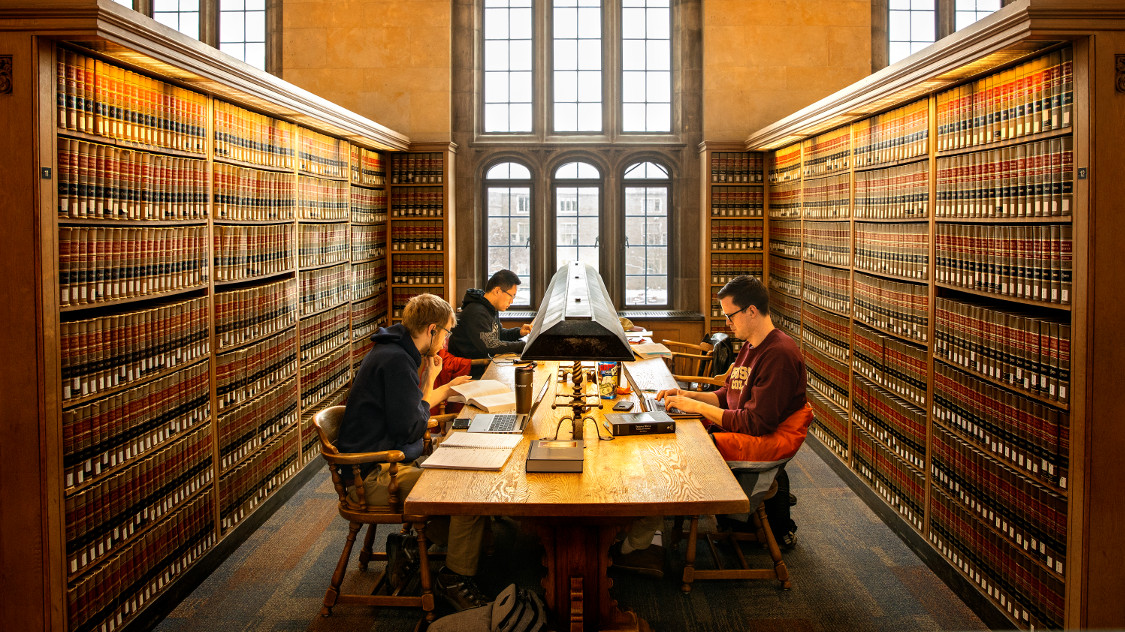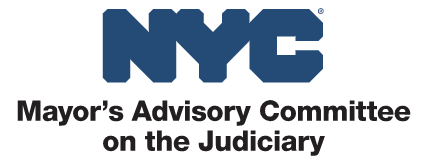The Cornell Law School First Amendment Clinic is excited to announce that it has initiated a pilot program with Cornell Law School’s Entrepreneurship Clinic – a very popular clinic at Cornell which provides corporate services to emerging enterprises.
For this pilot, the First Amendment Clinic has brought to the Cornell Entrepreneurship Clinic two of its representative media clients in need of more “foundational” legal services ─ one based in New York City and the other in Phoenix, Arizona, each with different legal challenges. The concept is that these two clients will be represented by a team of students from both clinics, supervised by the Director of the Entrepreneurship Clinic (Celia Bigoness) and the Managing Attorney of the First Amendment Clinic’s Local Journalism Project (Heather Murray) and the First Amendment Clinic’s NYC-based Local Journalism Attorney (Ava Lubell).
The purpose of this program is to meet our clients precisely where their needs are and to provide to them a more fulsome representation, more in line with the type of work an in-house lawyer would perform for a media outlet. The program is also intended to provide our students with a more holistic perspective of a media lawyer who is asked to perform all manner of legal services for their clients.
According to Clinic Director Mark Jackson: “our view is that in order to be an effective media attorney, a lawyer needs to be acquainted and adept at both litigation and corporate skills.” Jackson added “a good litigator understands their clients’ commercial needs and that a good corporate attorney understands the newsgathering challenges of their clients.”

